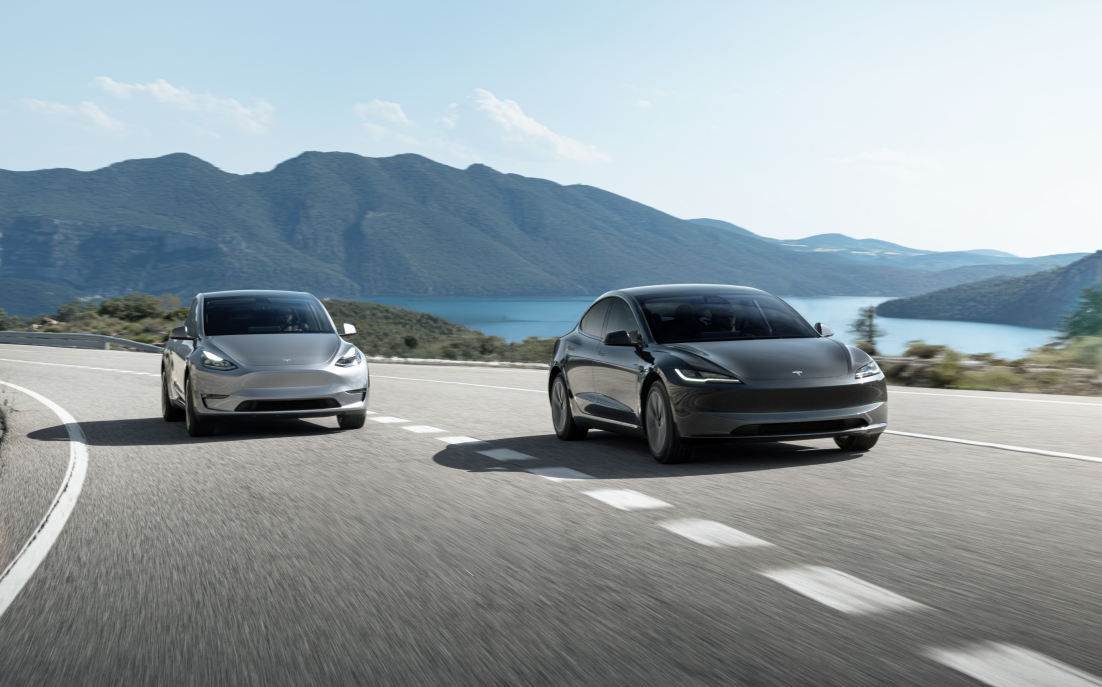According to foreign media reports, Tesla plans to double its electric vehicle store count in Japan to 50 by the end of next year, while its Chinese competitor BYD aims to establish a sales network of 100 stores in Japan. Tesla's goal is to increase the number of stores from the current 23 to 30 this year, and then expand to 50 by 2026, with a potential future target of 100 stores. Currently, Tesla sells cars in Japan primarily online, with most marketing activities taking place on the web. The company aims to enhance customer engagement and expand its business by managing more stores. All new stores will be directly managed by Tesla, with most located in large shopping malls for better visibility to consumers. These stores will focus on promoting the features of Tesla electric vehicles and demonstrating the convenience of purchasing a vehicle. In March this year, Tesla ceased production of two luxury electric vehicle models for the Japanese market and is now concentrating on mainstream models like the Model 3 and Model Y. With the opening of new stores, Tesla plans to further expand its network of 130 fast-charging stations in Japan. Currently, Tesla's charging network operates on its own standards. Since most electric vehicle chargers in Japan use the CHAdeMO standard, which is not directly compatible with Tesla vehicles, new customers purchasing Tesla electric cars will receive an adapter to charge at CHAdeMO stations. Due to poor sales in Western and Chinese markets, Tesla is shifting its focus towards the Japanese market. The company's global sales in the second quarter fell 13% year-on-year to 384,122 units, marking the second consecutive quarter of double-digit declines. According to automotive industry data provider MarkLines, Tesla's sales in the European market have seen the most significant decline, dropping 34% year-on-year from January to May this year. While China remains one of Tesla's most important markets, the rise of domestic brands is changing the competitive landscape. Data shows that from January to June this year, BYD's sales of pure electric vehicles surpassed Tesla for the first time, placing it at the top. Despite facing setbacks globally, Tesla's sales in Japan have been strong. Although the Japanese government has not released specific sales figures, it is estimated that Tesla sold about 4,600 units in Japan in the first half of this year, a 70% increase year-on-year. Last year, Tesla sold approximately 5,600 cars in Japan. The company's goal is to become the top-selling imported car brand in Japan by 2027, overtaking the current leader, Mercedes-Benz, which sold 53,195 units in Japan in 2024. As Tesla plans its expansion in Japan, Chinese electric vehicle manufacturer BYD is also growing its business in the country. As of June this year, BYD has 63 stores in Japan and plans to increase that number to 100 by the end of the year. BYD offers four models in the Japanese market, including the pure electric SUV Sea Lion 7, which was launched in April at a starting price of 4.95 million yen (approximately $33,500), making it more affordable than the Model Y priced around 5 million yen. In the second half of 2026, BYD will also launch a lightweight micro electric vehicle in Japan. The Chinese automaker has developed a platform that meets the unique standards of Japan's kei cars and has conducted extensive market research to identify which models will be popular. Japan's electric vehicle sales have continued to decline, with a 7% year-on-year drop in sales from January to June this year, marking the second consecutive year of decline in the first half of the year. The country's charging infrastructure development is lagging, and both public and private sectors lack the drive to transition to electric vehicles. Additionally, Japanese manufacturers seem to be underinvesting in developing electric vehicles that appeal to consumers. These factors are contributing to the slow pace of electrification in Japan. Next-generation electric vehicles from Toyota, Honda, and Nissan are not expected to hit the market until around 2026. Meanwhile, Tesla and BYD continue to compete globally and enhance their technological capabilities. Despite the current plateau in global electric vehicle sales, long-term demand is expected to grow, and the wave of electric vehicle adoption may eventually sweep through Japan. If Japanese automakers continue to make slow progress in the electric vehicle arena, they risk losing market share to American and Chinese competitors.
Tesla Plans to Double Stores in Japan Amidst BYD's Expansion

Share this post on: